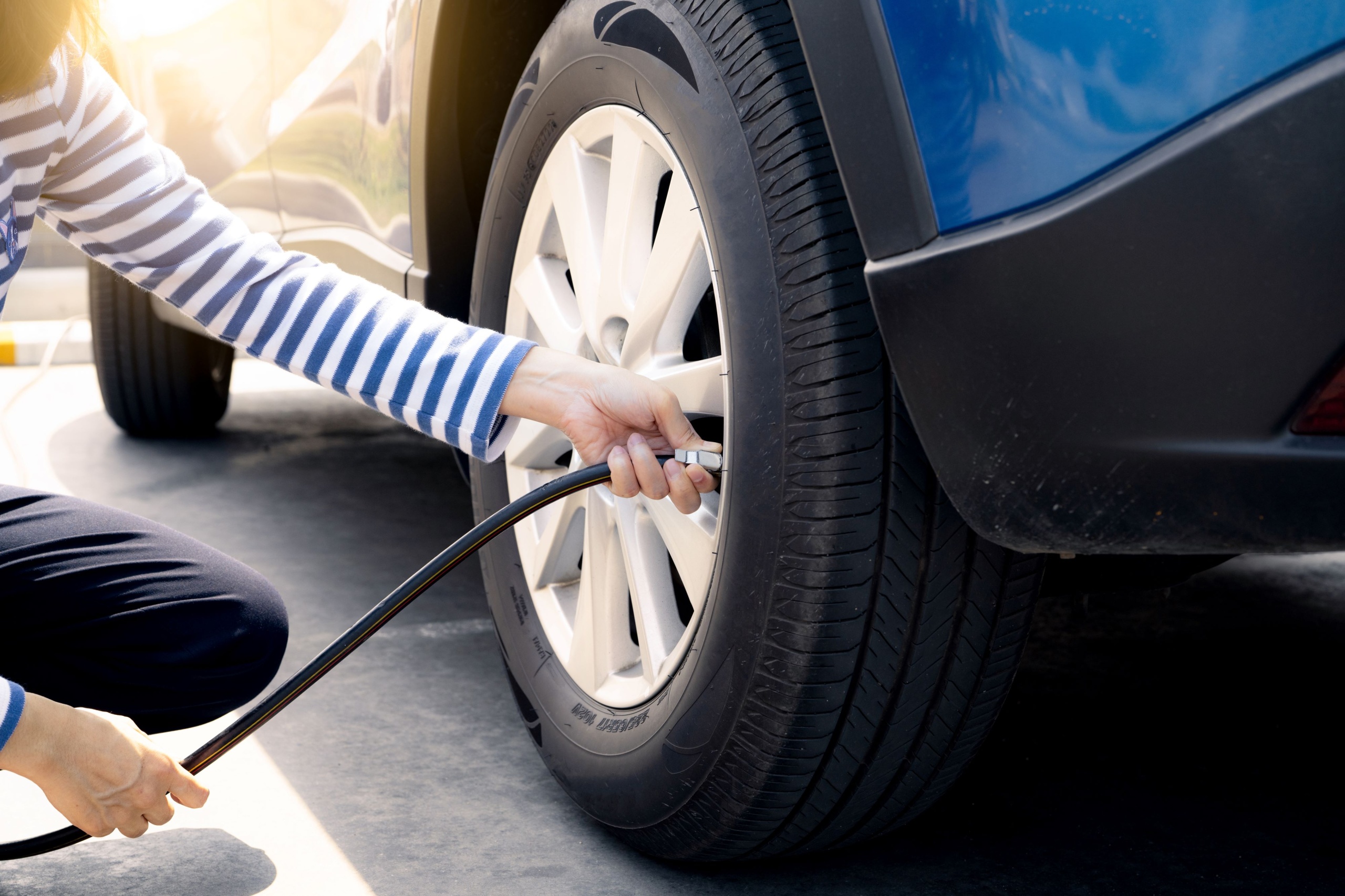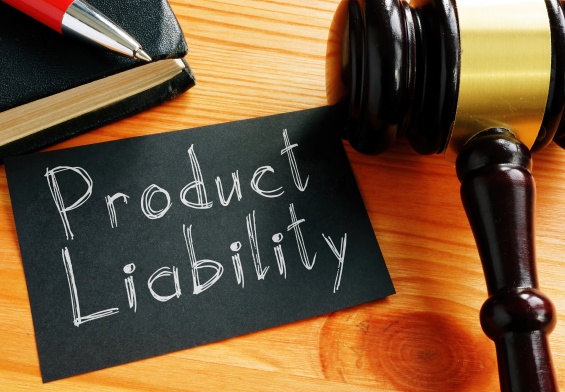Originally posted on: https://ciecka.com/tire-maintenance-for-road-safety-and-personal-injury-law/
The critical role of tire maintenance in ensuring road safety often goes unnoticed amidst more glaring automotive concerns like engine performance or brake functionality. Yet, the significance of keeping tires in top condition as a means to prevent auto accidents is immense. This blog aims to shed light on the pivotal role that tire care plays in safeguarding drivers and passengers alike, illustrating what can go wrong when tire maintenance is neglected. We will guide you through essential practices such as checking air pressure, ensuring good traction, and other vital tire maintenance tips. Furthermore, we delve into the aftermath of accidents, discussing the appropriate steps to take and when the expertise of a personal injury lawyer becomes necessary.
The Foundation of Road Safety: Tire Maintenance Importance
Tire maintenance is a fundamental aspect of vehicle care that directly impacts road safety. The condition of a vehicle’s tires affects its performance in critical areas such as traction, handling, and braking. When tires are properly maintained, they provide the necessary grip that allows drivers to navigate safely under various road conditions, from dry asphalt to wet and icy surfaces. This grip is essential not only for everyday driving but also for emergency maneuvers, helping to prevent accidents by ensuring that the vehicle responds as intended to the driver’s actions.
The importance of tire maintenance becomes even more evident when considering the potential consequences of neglect. For instance, under-inflated tires can lead to a loss of control, increased stopping distances, and in extreme cases, blowouts. Over-inflation, on the other hand, reduces the tire’s contact area with the road, leading to decreased traction and increased wear in the center of the tread. Both scenarios pose significant safety risks, highlighting the need for regular tire inspections and maintenance. By keeping tires in optimal condition, drivers can significantly reduce the risk of tire-related accidents on the road.
Prevent Car Accidents with Tire Care
Tire maintenance is a pivotal aspect of vehicle safety that directly influences the likelihood of accidents on the road. Ensuring that tires are properly cared for involves regular checks of air pressure, tread depth, and overall condition. These practices are not merely routine maintenance tasks; they are essential measures that ensure a vehicle can maintain optimal traction, respond accurately to steering, and achieve effective braking distances. Especially under adverse weather conditions, the quality of tire maintenance can be the deciding factor between maintaining control and experiencing a potentially hazardous situation. Thus, regular attention to tire care is a critical component of safe driving, aimed at protecting not only the vehicle’s occupants but also other individuals sharing the road.
The significance of tire maintenance extends beyond the individual driver to impact road safety on a broader scale. Inadequate tire pressure or worn-out tread can drastically reduce a vehicle’s handling capabilities, increasing the risk of incidents that could involve multiple road users. By adhering to recommended tire maintenance schedules, including timely rotations, pressure adjustments, and replacements when necessary, drivers contribute to a safer driving environment. This proactive approach to tire care helps prevent the types of accidents that are often avoidable with proper vehicle upkeep. In essence, diligent tire maintenance is a straightforward yet effective strategy for reducing the risk of car accidents, underscoring the responsibility of every driver to ensure their vehicle is as safe as possible on the road.
Tire Safety Tips: Air Pressure and Tread Depth
Maintaining the correct tire pressure is crucial for the safety and efficiency of any vehicle. Tires inflated to the manufacturer’s recommended level provide the optimal balance between traction, comfort, and fuel efficiency. Under-inflated tires can lead to increased wear and tear, potentially resulting in a blowout, while over-inflated tires may reduce the contact area with the road, leading to decreased traction and a harsher ride. Regular tire pressure checks should become a part of every driver’s routine, ideally performed monthly and before long trips. A reliable tire gauge can help ensure accurate measurements, and adjustments should be made when the tires are cold for the most precise reading. This simple yet effective practice can significantly enhance vehicle handling, reduce tire wear, and, most importantly, improve road safety.
Equally important is monitoring tire tread depth, a critical factor in a tire’s ability to grip the road, especially in wet conditions. Tires with insufficient tread depth are less capable of dispersing water, increasing the risk of hydroplaning and losing control. The legal minimum tread depth in many jurisdictions is 1.6mm, but safety experts often recommend replacing tires before they reach this minimum. Drivers can check their tire tread depth using a tread depth gauge or the penny test, where a penny is inserted into the tread groove with Lincoln’s head facing down. If the top of Lincoln’s head is visible, it’s a clear indication that the tires need replacing. Keeping an eye on tread depth, alongside regular pressure checks, forms the cornerstone of tire safety, ensuring that vehicles remain safe and reliable on the road.
Beyond Pressure and Tread: Comprehensive Tire Care
While maintaining proper tire pressure and ensuring adequate tread depth are foundational aspects of tire safety, comprehensive tire care encompasses a broader range of practices that contribute to the longevity and performance of your tires. Regular tire rotation is one such practice, crucial for achieving even tire wear over time. Most vehicle manufacturers recommend rotating tires every 5,000 to 8,000 miles, although specific intervals can vary based on the vehicle type and tire model. This process involves changing the position of each tire on the vehicle, which helps to distribute wear more evenly across all tires, thereby extending their useful life and maintaining consistent handling and traction. Another key aspect of comprehensive tire care is wheel alignment. Proper alignment ensures that tires are correctly positioned relative to the road and to each other, optimizing driving stability and minimizing uneven wear. Misalignment can lead to rapid tire wear, decreased fuel efficiency, and a reduction in driving comfort and safety, making regular alignment checks an essential part of vehicle maintenance.
In addition to rotation and alignment, monitoring for signs of damage or wear beyond the tread is vital. This includes checking for any cuts, bulges, or punctures that could compromise tire integrity and safety. Immediate attention to such issues is crucial, as they can lead to sudden tire failure while driving. Understanding the specific needs of your tires based on your driving habits and environmental conditions can guide more personalized care strategies. For instance, drivers in areas with severe winters may need to switch between all-season and winter tires to ensure optimal performance and safety throughout the year. By embracing a holistic approach to tire maintenance, drivers can not only prevent premature tire wear but also contribute to safer driving conditions for themselves and others on the road.
The Role of Defensive Driving and Road Safety Tips
Defensive driving plays a crucial role in enhancing road safety, acting as a proactive strategy to anticipate and react to potential hazards before they lead to accidents. This approach to driving emphasizes the importance of situational awareness, allowing drivers to maintain a safe distance from other vehicles, anticipate the actions of other road users, and adjust their driving according to weather and road conditions. Defensive driving also involves understanding and practicing safe driving techniques, such as the proper use of turn signals, checking mirrors regularly, and adhering to speed limits. These practices, combined with a well-maintained vehicle, significantly reduce the risk of collisions and contribute to a safer driving environment for everyone. Also, defensive driving courses often offer insights into the psychology of driving, stress management, and the effects of fatigue and alcohol on driver performance, further equipping drivers with the knowledge to navigate the roads safely.
Along with adopting a defensive driving mindset, there are several road safety tips that can further mitigate the risk of accidents. For instance, understanding how to respond to hydroplaning scenarios—where a layer of water prevents direct contact between the tires and the road surface—can prevent panic and loss of control. Drivers should also be familiar with the concept of the safety bubble, maintaining a buffer zone around their vehicle to allow ample time and space to react to unforeseen events. Regular vehicle maintenance, including brake checks, light inspections, and, of course, tire care, plays a vital role in ensuring that the vehicle can perform safely under various conditions. By combining these road safety tips with the principles of defensive driving, individuals can significantly enhance their safety and the safety of others on the road, making each journey more secure.
After an Accident: Legal Considerations and Hiring a Personal Injury Lawyer
Navigating the aftermath of a car accident involves several legal considerations that can significantly impact the outcome for those involved. Initially, it’s crucial to ensure the safety of all parties, seek medical attention if needed, and report the incident to the authorities. Documenting the scene thoroughly by taking photos, gathering witness statements, and exchanging information with other involved parties forms the foundation of any potential legal case. This documentation is invaluable, as it provides concrete evidence that can support claims of negligence or fault. In the days following the accident, contacting your insurance company to report the incident is a necessary step, but it’s also important to be mindful of the information shared, as it could affect future claims. Given the complexities of insurance policies and liability laws, understanding your rights and the extent of your coverage is paramount.
Immediately contacting an attorney experienced in handling traumatic accidents, in many instances, is the difference between winning and losing a case. An experienced personal injury attorney can help in getting you the right medical attention you need. They can also protect you from insurance carriers whose adjusters are more focused on protecting their insurance employers than getting you the justice you deserve. Don’t be fooled into thinking you are in good hands, even when speaking to your own “trusted” insurance carrier! Recorded and written statements they take can and will be used against you in uninsured and underinsured insurance claims. Contact an experienced personal injury attorney as soon as possible and let them protect and guide you through the traumatic times following an accident. Delaying your case could be the difference between winning or losing! Let your lawyer do his job to investigate your accident and injury in a timely manner so you can fully concentrate on receiving the proper medical attention. For professional legal help after a car accident, call The Law Offices of Vincent J Ciecka at (856)-665-5709 to get the best protection for yourself and your family. At Ciecka Law, we are ready to help you 24 hours a day, 7 days a week.
Conclusion: Emphasizing Tire Safety for a Safer Journey
Tire maintenance is not just a routine aspect of vehicle upkeep; it’s a critical safety measure that plays a significant role in preventing car accidents and ensuring the well-being of all road users. By adhering to tire safety tips, such as regular checks for air pressure and tread depth, drivers can significantly mitigate the risk of tire-related issues on the road. Comprehensive tire care, including rotation, alignment, and timely replacement, further enhances vehicle performance and safety. Coupled with defensive driving techniques and a thorough understanding of road safety tips, individuals can contribute to a safer driving environment for everyone.
In the event of an accident, understanding the legal steps to take and considering the engagement of a personal injury lawyer, like those at The Law Offices of Vincent J. Ciecka, are essential for navigating the aftermath effectively. These legal professionals can provide invaluable support, ensuring that victims receive fair compensation and justice in cases of negligence. Ultimately, the collective effort in maintaining tire safety, practicing defensive driving, and adhering to legal protocols post-accident forms the foundation of a safer, more responsible driving culture. Let’s prioritize tire maintenance and road safety, making every journey safer for ourselves and our fellow travelers.




